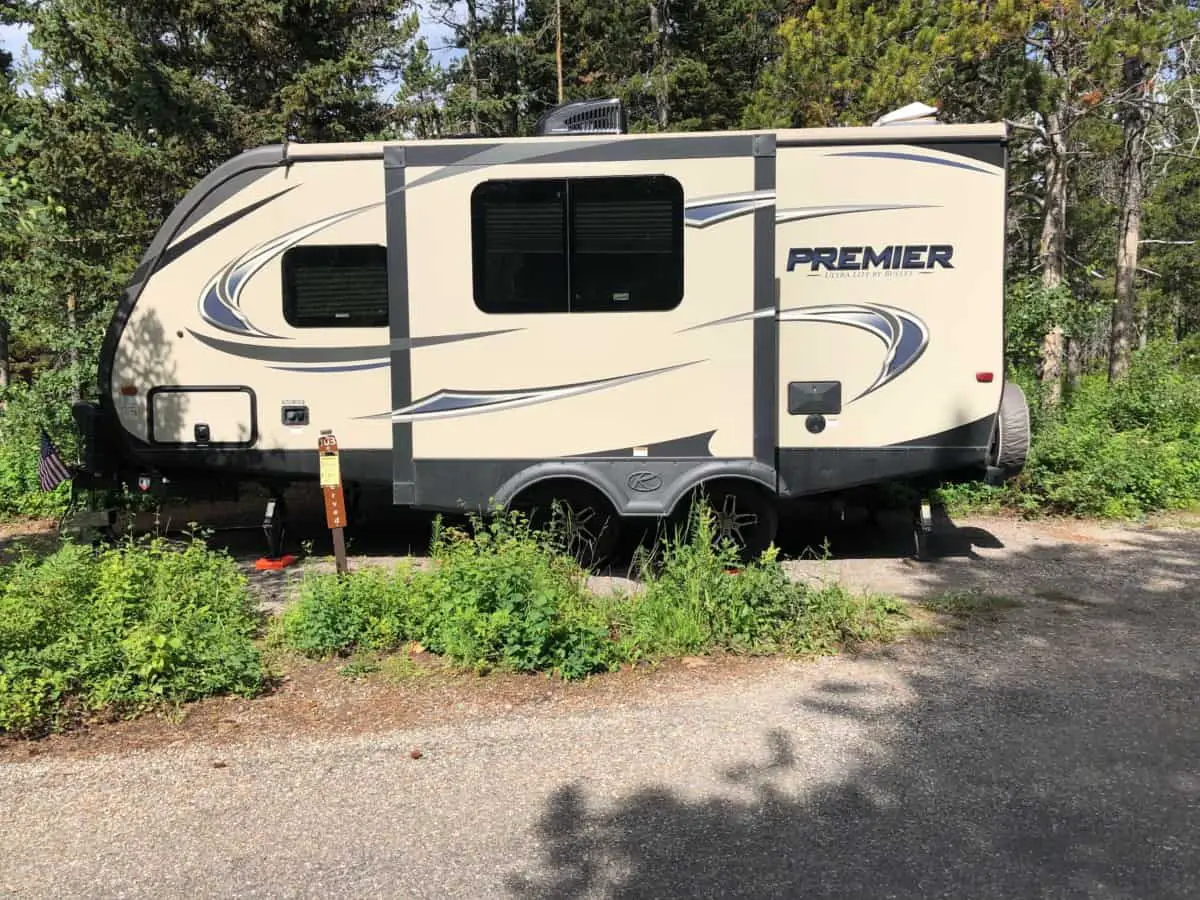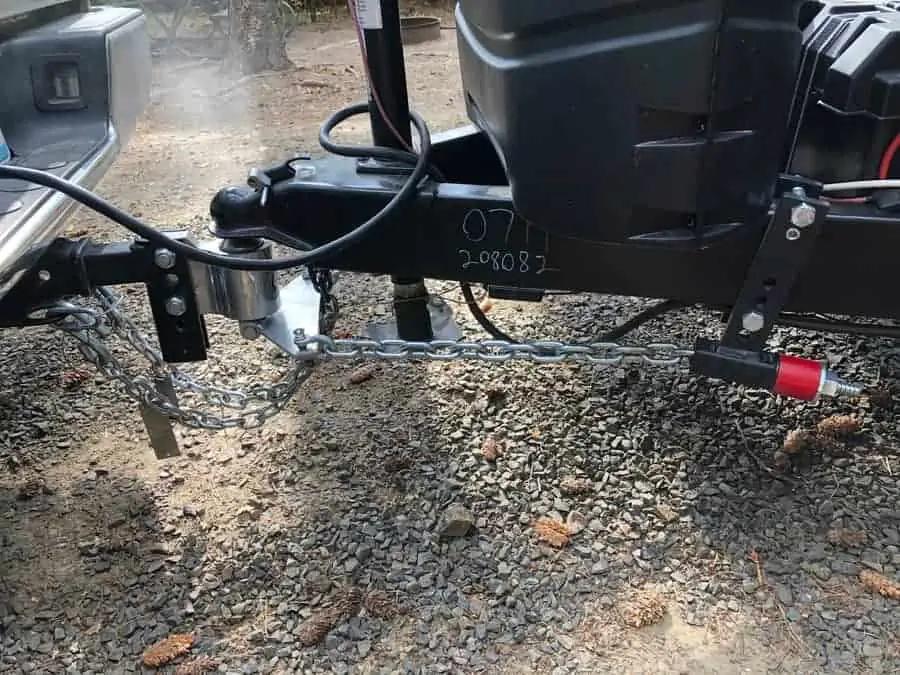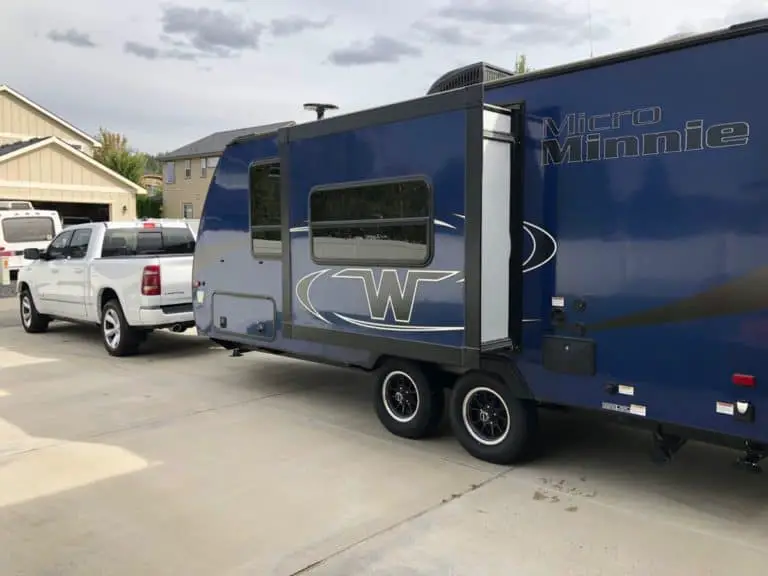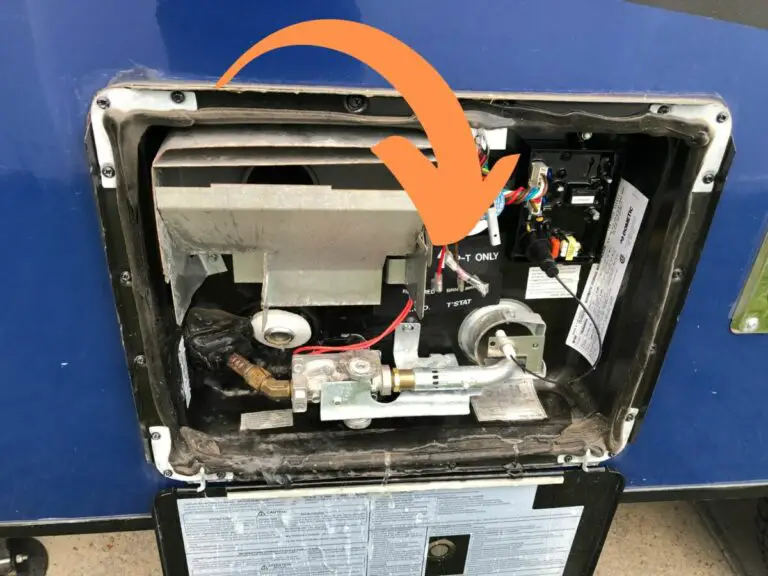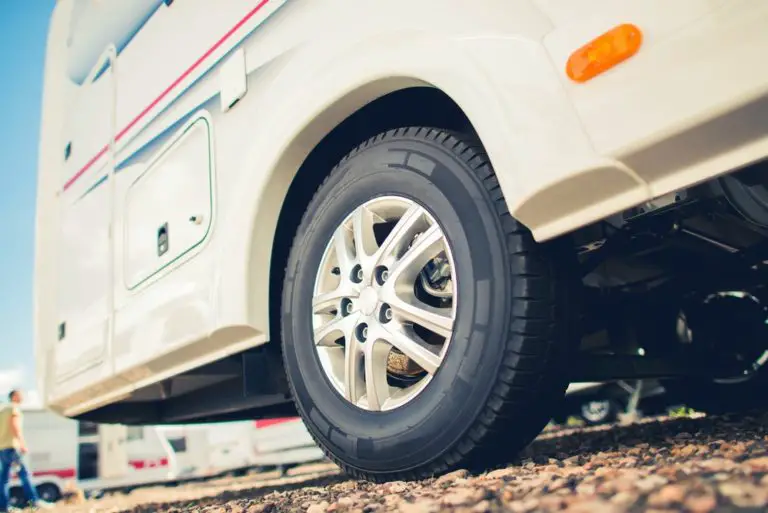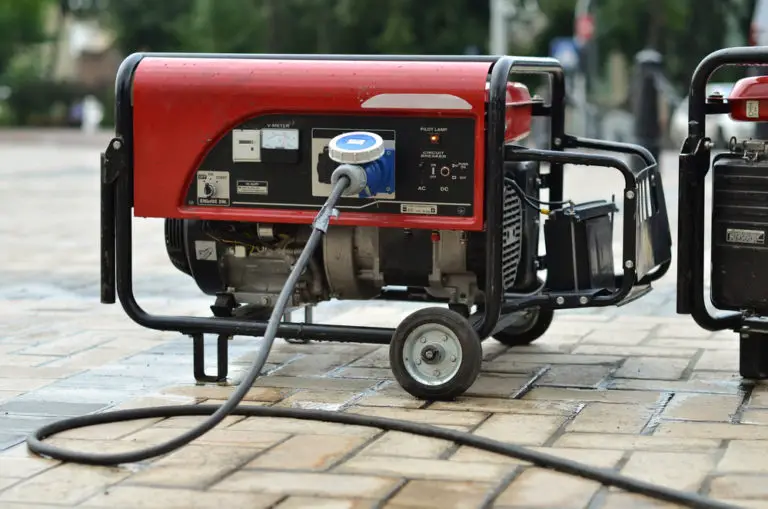Is a Travel Trailer an RV: Explained
If you are on the market for a new recreational vehicle, you may have noticed that the terminology for these vehicles can be a bit confusing. You may be thinking, “Do I want a travel trailer or an RV? Is there a difference?” Before making a decision, you will want to make sure you understand these terms, as well as the other terms out there for classifying recreational vehicles. But first thing’s first, is a travel trailer an RV?
Is a travel trailer an RV? Yes, a travel trailer is an RV, but it is important to understand the reason this question can be confusing. People use the term ‘RV’ in two different ways. Many use ‘RV’ as an umbrella term to mean any type of recreational vehicle, towed or motorized. Others use ‘RV’ to refer specifically to motorhomes, or recreational vehicles that have motors and do not require towing.
Here, we will be sticking with the idea that ‘RV’ is an umbrella term for describing any type of recreational vehicle. A travel trailer does fall into that category, as do many other types of vehicles. Let’s take a look at the specifics of travel trailers and RVs, so you can get a better idea of what you’re looking for in your new vehicle!
What is a travel trailer?
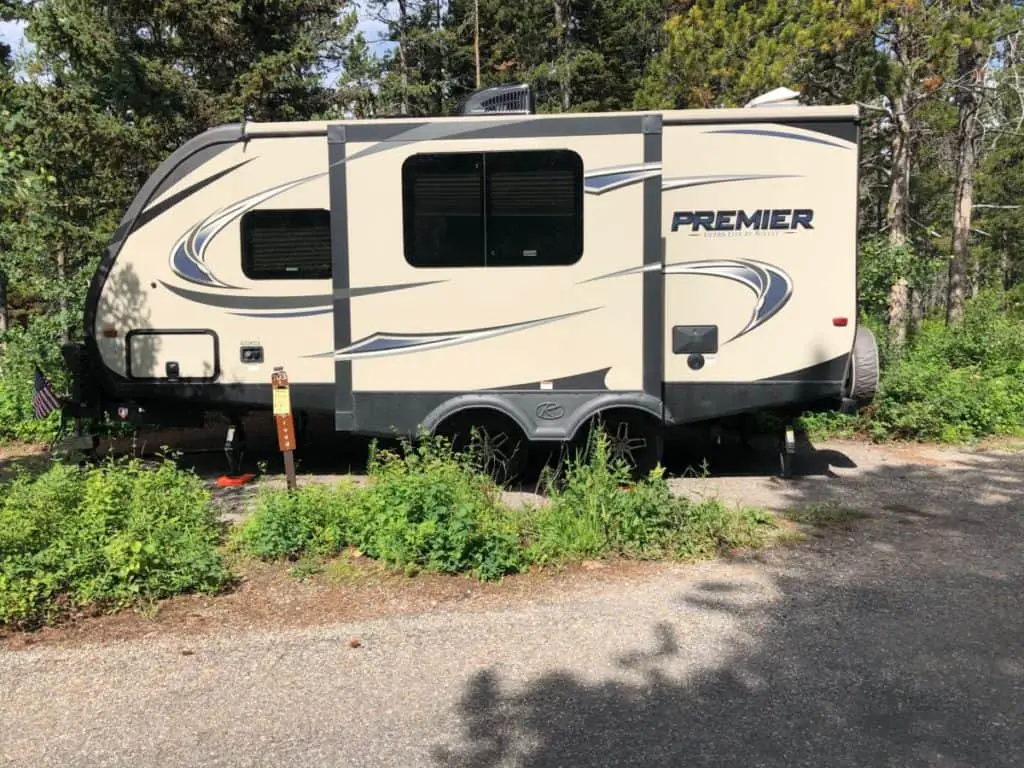
A travel trailer is a trailer that connects to the bumper or trailer hitch of your vehicle for towing purposes. After hooking the trailer up to your vehicle, you will tow the trailer when traveling to new locations. The purpose of this is to have a comfortable place to relax and sleep while traveling or camping. Travel trailers offer more comfort than tent camping while allowing more freedom and mobility than staying in a hotel or from having a motorized RV that you have to pick up every time you want to drive somewhere..
You can find many different types of travel trailers to meet your needs, including double-decker trailers and off-road trailers. There are a few other vehicle names that are used interchangeably with the term ‘travel trailer.’ These include caravan, camper, or camper trailer.
What is an RV?
RV is an acronym that stands for the term ‘recreational vehicle.’ This refers to any vehicle that you use for traveling, camping, or other recreational purposes. There are many different types of RVs to learn about before choosing which is right for you. Below, you will learn more about travel trailers, as well as the other types of recreational vehicles you may want to consider.
Is a travel trailer a type of RV?
As stated above, ‘RV’ is an umbrella term under which travel trailers are classified. So, yes, a travel trailer is a type of RV. However, many people use the term ‘RV’ to refer to specific types of vehicles that do differ from travel trailers. Let’s discuss some of the most popular types of recreational vehicles and how they compare to travel trailers.

Other types of Recreational Vehicles:
There are several recreational vehicles you will want to know about when researching the right ride for you. Here are a few of the most popular types of recreational vehicles and a brief description of how they differ from the others.
Motorhome: Motorhomes are the type of vehicle people often refer to when they use the term ‘RV.’ They are a type of recreational vehicle that does not require towing. They have motors, a good-sized living area, and a steering wheel and driver’s seat where you operate the vehicle. Sometimes people choose to tow a car behind their motorhome, so they have the option of driving a smaller vehicle around once they have arrived at their destination.
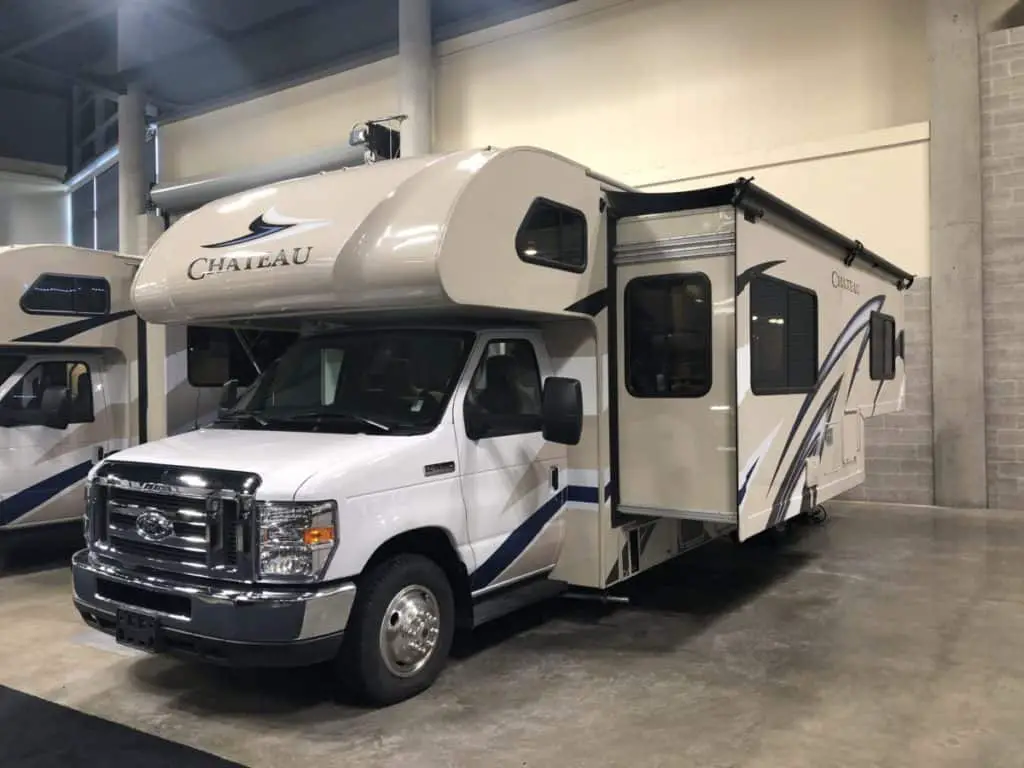
Camper van: A camper van is another motorized recreational vehicle that you drive without towing. They differ from motorhomes in that they have a smaller size. This limits the amount of living area you have inside the vehicle, but it does make a camper van easier to maneuver and take care of.
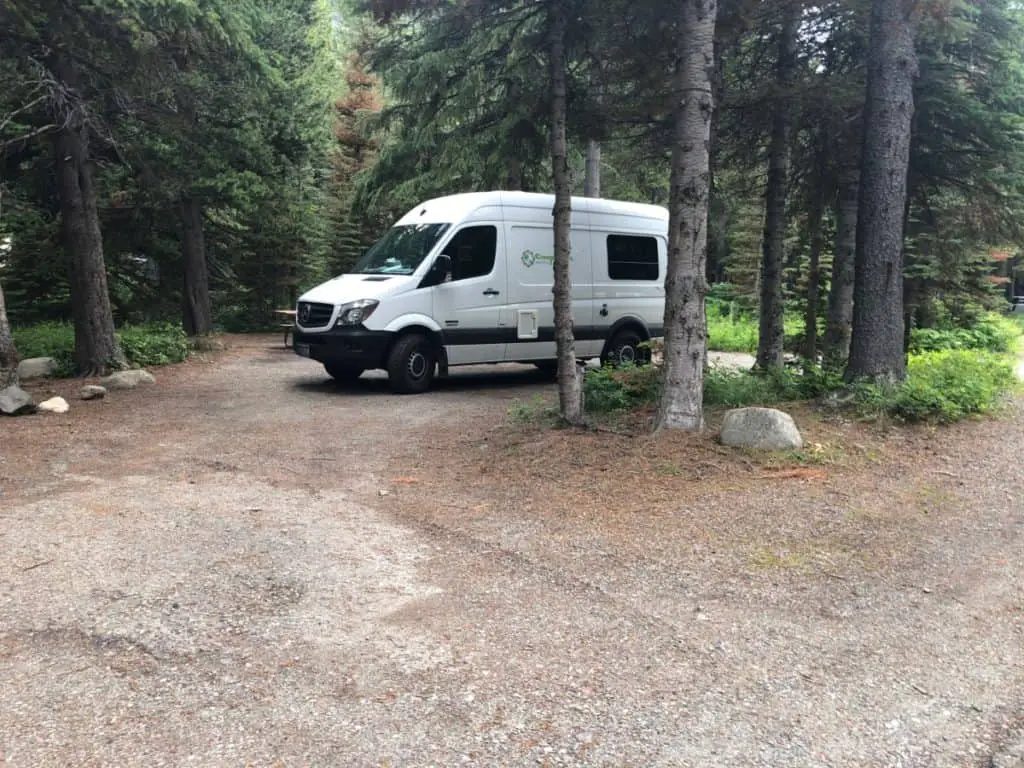
Fifth wheel: A fifth wheel trailer, like a travel trailer, does require towing. These differ from travel trailers in that they attach to the bed of a truck, rather than a bumper. They use a jaw hitch to connect to the truck bed, allowing for a gooseneck area to come over the top of your truck to provide extra storage or sleeping area. The benefit of these over travel trailers is that they are usually more spacious.
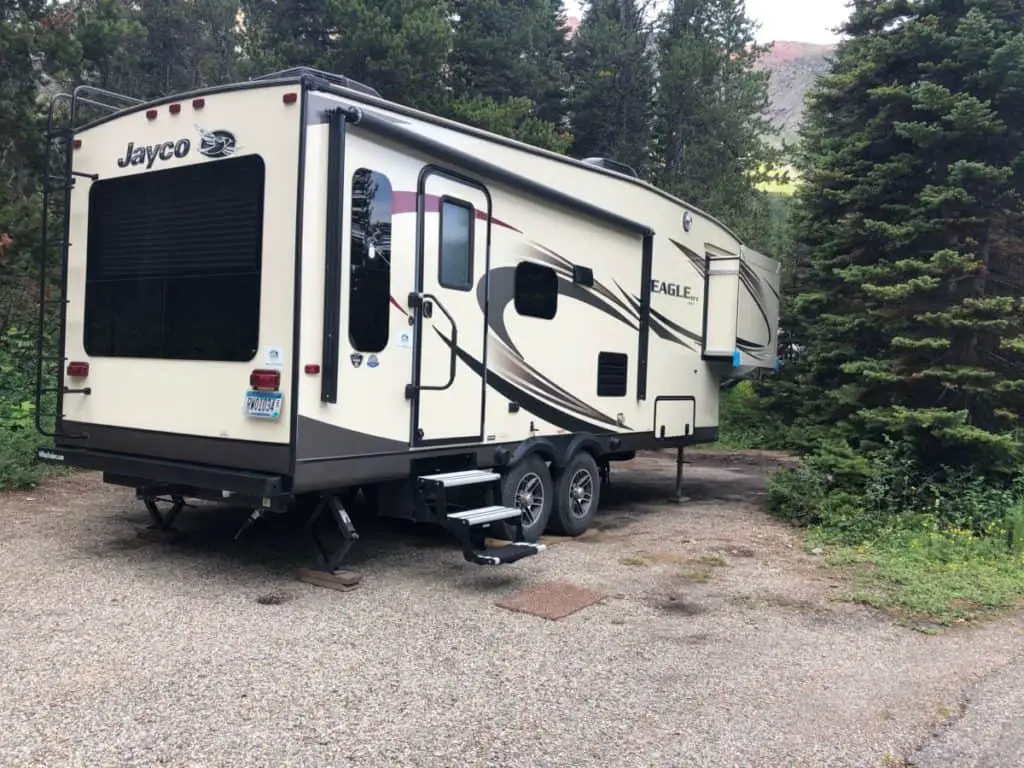
Pop-up camper: A pop-up camper is a towed recreational vehicle similar to a travel trailer. Pop-up campers have pop-outs that can collapse for easy storage while traveling. This makes it one of the easier recreational vehicles to travel with, but it does mean you will be limited when it comes to the amount of space inside the vehicle.
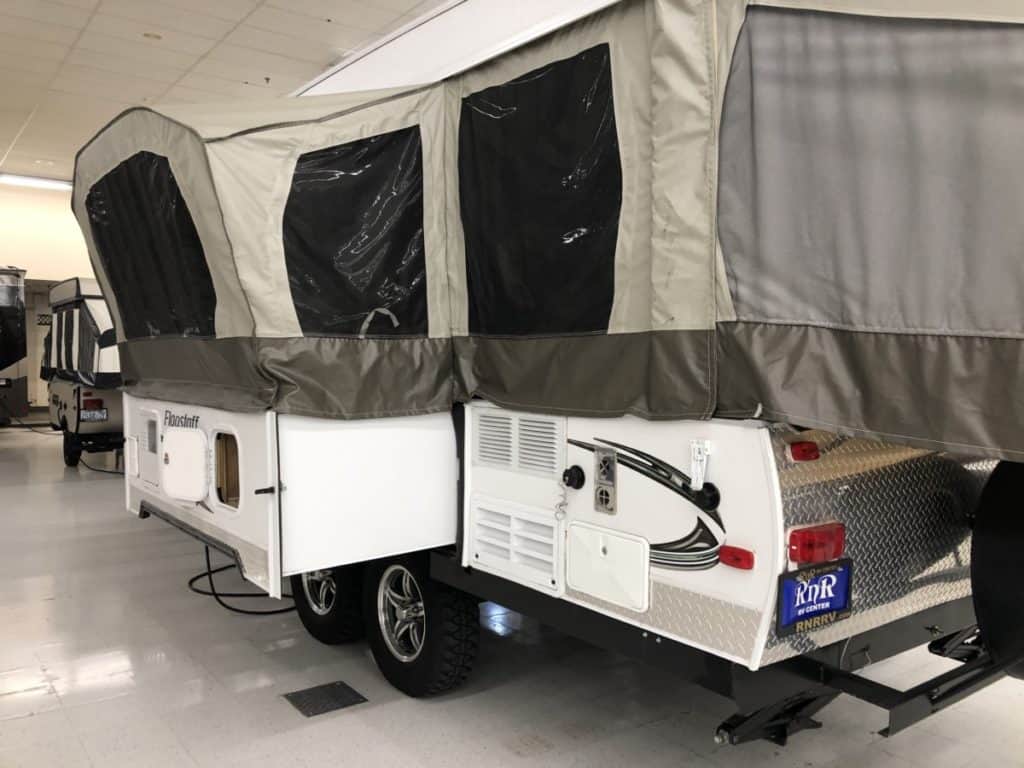
Similarities between travel trailers and other RVs
Now that you’ve learned a bit about the different types of recreational vehicles, let’s break down the similarities and differences between these vehicles and travel trailers. The similarities between travel trailers and other types of RVs are as follows:
- Travel trailers fit within the umbrella term of RV, or recreational vehicle.
- Travel trailers are towed recreational vehicles, similar to fifth wheels and pop-up campers.
- Travel trailers are smaller in size, similar to a pop-up camper.
Differences between travel trailers and other RVs
The differences between travel trailers and other types of RVs are as follows:
- Travel trailers are different from motorhomes and camper vans in that they are towed, while motorhomes and camper vans are motorized.
- Travel trailers can be towed behind your typical truck or SUV, while a fifth wheel requires towing behind a larger truck.
- Travel trailers offer less living space than motorhomes or fifth wheel trailers.
- Travel trailers are a bit larger than pop-up campers and do not have the option of collapsing for easier transportation.
Pros of RVing with a travel trailer
Now that you’ve seen a few of the similarities and differences, how do you decide between a travel trailer and these other types of RVs? Take a look at the pros and cons of RVing with a travel trailer to get a more concrete idea of what life on the road would look like with one of these vehicles.
- Travel trailers are more affordable than motorized RVs.
- Unlike other towed vehicles, travel trailers can be hitched to most vehicles. This means you can tow it behind your typical road vehicle, and you’ll be able to use that vehicle separately when you arrive at your destination.
- The size of travel trailers means that they are lighter weight. This helps keep your fuel cost lower than traveling with a larger type of RV.
- The ability to tow with your normal vehicle also means you will be able to take more passengers on your trip than you would be able to if traveling with a pickup truck.
- Due to its smaller size, insuring the vehicle will be cheaper than for a larger type of RV.
- Maintenance of a travel trailer will be more affordable than on a motorized RV.
Cons of RVing with a travel trailer
Here are a few of the cons of RVing with a travel trailer. Keep these in mind when making your final decision on which RV is right for you.
- Due to their smaller size, travel trailers have limited living space in comparison to motorhomes or fifth wheels.
- Travel trailers require towing, while motorized RVs do not. This can save you time and hassle of setting up, as well as the learning curve of learning to drive and reverse with a trailer towing behind you.
- Travel trailers require more time to set up and break down at the beginning and end of a trip.
Conclusion
There is a lot to consider when learning the differences between travel trailers and other RVs. Now that you know a travel trailer is considered an RV, you can explore the different types of RVs and decide which is right for you. Use this information to begin exploring your options, and soon enough, you’ll be on the road for your first RV adventure!
Be the first to be notified about FREE tips, hints, coupon codes, and email-exclusive information. All for FREE!

